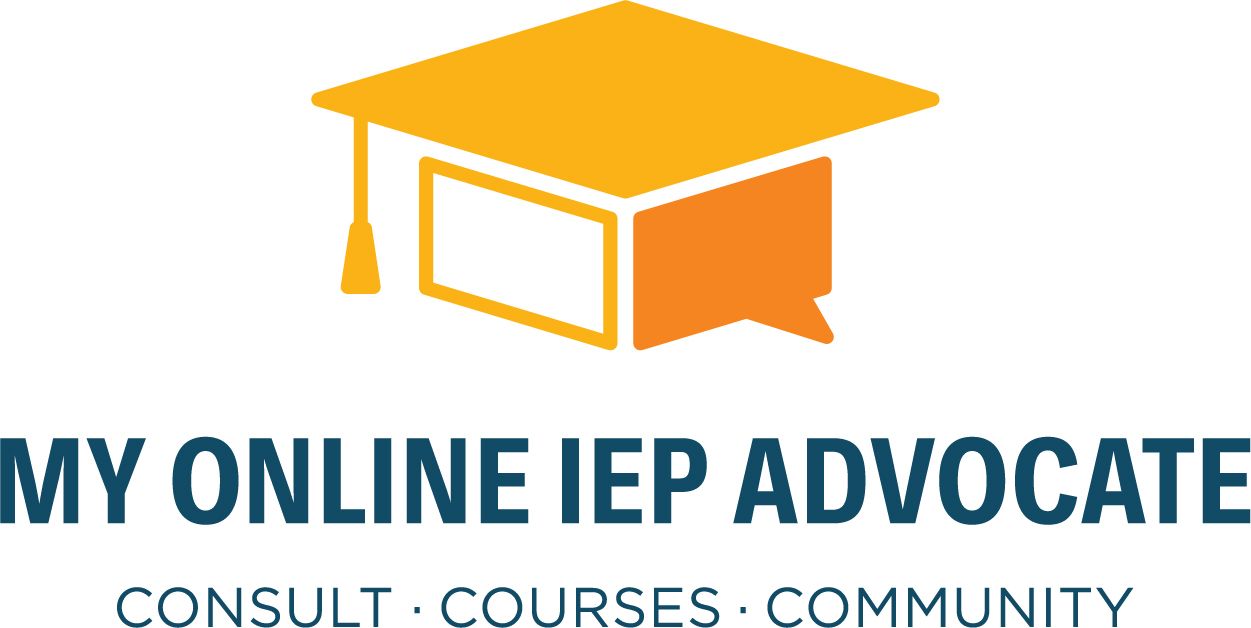Presuming Competence- A Guide to Ensuring Equity
An Interview with Ray Nelson
You will advocate for your children and students in many ways throughout your time with them. In my experience, grounding your approach in “presuming competence” will grant you the best footing on which to base your perspective. One of the key issues surrounding disability and education is the concept of Equity. Equity is slightly different than equality. Merriam-Webster defines equity a number of ways, but for our purposes we want to consider the first definition. That definition is “Justicea ccording to natural law or right” and “specifically: free from bias or favoritism”.
Why is equity important? I could go on all day about this, but we will start with how bias and favoritism impact every disabled child in school around the world. School was not designed for people with disabilities. Like many of our institutions, education was not constructed with the needs of the disabled in mind. That is why we have laws like Section 504 of the Rehabilitation Act and the Individuals with Disabilities Education Act. Those laws were passed as an attempt to provide access to education for children with disabilities. That access is a form of equity.
Join us to read more...

